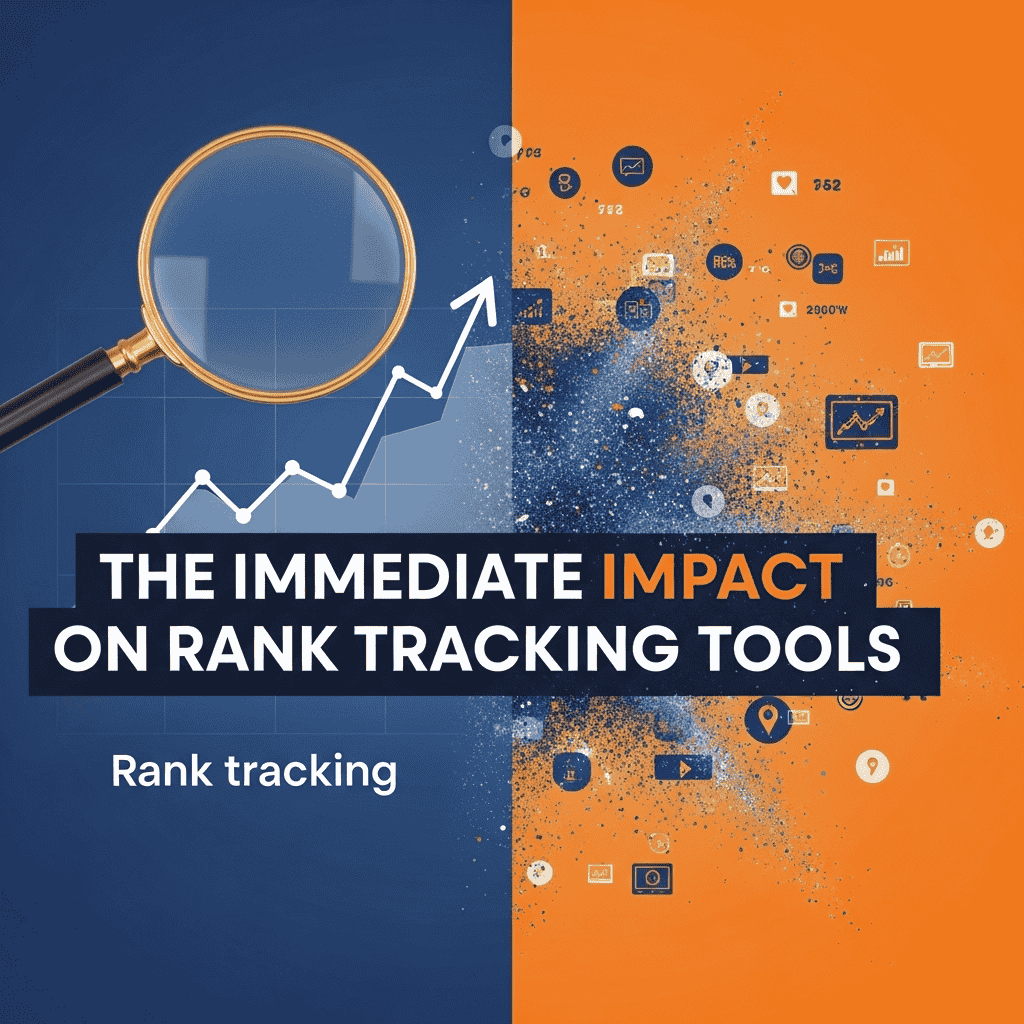Google seems to be quietly experimenting with a change that could affect how SEOs and researchers work — the possible removal of the option to display up to 100 search results per page.
The SEO industry is facing a significant challenge in 2025 as Google has implemented several changes that fundamentally disrupt traditional rank tracking methods. From eliminating the num=100 parameter to rolling out aggressive spam updates, these shifts are forcing digital marketers to completely rethink how they measure search visibility and success.
Google Eliminates the num=100 Parameter
On September 14, 2025, Google officially discontinued the num=100 SERP parameter, a change that has sent shockwaves through the SEO community. This parameter previously allowed tools to retrieve 100 search results in a single API call, but now requires 10 separate requests to obtain the same data.
The impact is immediate and severe – operational costs for SEO tools have increased by a factor of 10, with many platforms struggling to maintain their ranking data accuracy.
Google is Testing the Removal of 100 Search Results Per Page?
For years, this feature has been a favorite among SEO professionals, digital marketers, and data analysts who relied on scanning SERPs in bulk.
Now, with early reports suggesting the option may no longer appear for some users, the big question arises: Is Google preparing to remove this setting permanently, or is this just a temporary test?
What Was the 100 Search Results Per Page?
Inside Google Search settings, users could choose to display 10, 20, 30, 50, or 100 results per page.
The 100-results setting was especially popular because it allowed:
-
SEO pros to check multiple rankings at once without endless pagination.
-
Researchers to gather larger datasets faster.
-
Power users to save time when looking beyond the first page.
If Google does move forward with removing this option, workflows that depend on bulk SERP analysis could take a hit.
The August 2025 SpamBrain Update
Google’s August 2025 spam update, which began rolling out on August 26, 2025, represents one of the most aggressive anti-spam measures in recent years. This global update targets auto-generated content, doorway pages, thin AI-written content, and parasite SEO tactics. Unlike previous updates, this one has shown sustained volatility, with ranking fluctuations continuing well into September.
Search Console Data Deprecations
Google has deprecated six structured data types in Search Console, with fields returning NULL values starting October 1, 2025. This affects bulk data exports and automated reporting systems that many agencies rely on for client reporting.
The Immediate Impact on Rank Tracking Tools

Major Tool Outages and Data Gaps
The changes have caused widespread disruptions across popular SEO tools. SE Ranking experienced temporary outages with SERP features tracking still unavailable as of recent reports. While some tools like Semrush deny widespread issues, users report notable discrepancies between tool data and actual Google Analytics performance.
Cost Explosions for SEO Platforms
The elimination of the num=100 parameter has created a cost crisis for rank tracking services. Tools that previously made one request for comprehensive data now require 10 times the API calls, directly translating to proportional cost increases. This is particularly challenging for agencies managing large keyword portfolios across multiple clients.
Accuracy and Reliability Issues
With traditional scraping methods becoming increasingly difficult due to Google’s enhanced anti-bot measures, rank tracking accuracy has become unreliable. Tools are reporting inconsistent data, with some showing dramatic ranking swings that don’t correlate with actual traffic changes.
The New Metrics That Matter
Modern SEO visibility tracking workflow
Visibility Score: The New North Star
Rather than focusing solely on raw position data, successful SEO professionals are shifting toward comprehensive visibility scores. These metrics combine ranking positions with click-through rates weighted by search volume, providing a more accurate representation of actual search performance.
SERP Feature Tracking
With traditional position tracking becoming unreliable, monitoring SERP feature presence has become increasingly valuable. Tracking featured snippets, knowledge panels, and local pack appearances often provides better insights than precise position numbers.
Traffic-Based Success Metrics
Google Search Console impressions and clicks, combined with Google Analytics organic traffic data, are becoming the primary success indicators. These metrics reflect actual user behavior rather than theoretical ranking positions.
Practical Solutions and Recommended Tools
Updated Reporting Framework
Replace traditional ranking reports with visibility-focused metrics:
- Percentage of keywords in Top 3/Top 10 positions
- Organic traffic growth from Google Analytics
- SERP feature win rate for target keywords
- Conversion rate by landing page
Crisis Management
- Immediate: Pause automated decisions based on rank fluctuations
- Migrate 200 highest-value keywords to API-based tracking (serpapi.com)
- Create incident dashboard combining GSC, GA4, and rank tracker data
- Conduct SpamBrain compliance audit for top revenue pages
- Fix technical SEO issues identified during compliance audits
That said, nothing is final yet. SEOs are watching closely to see if this is a small experiment or the beginning of a bigger shift.
What If This Becomes Permanent?
Should Google officially remove the 100-results option, SEO professionals may need to adapt:
-
Rely on APIs like Google’s Custom Search JSON API.
-
Get Comfortable with Infinite Scroll as the new standard.
-
Prioritize Top Rankings since deeper positions become harder to track.
For Everyday Users
For the average searcher, this change may not matter at all. Most users never changed their results-per-page settings, and infinite scroll already altered how we browse Google.
But for SEOs, journalists, and researchers, this could mean extra clicks, slower workflows, and heavier reliance on third-party tools.
Source: Search Engine Roundtable – Google Search Tests Dropping 100 Search Results Parameter